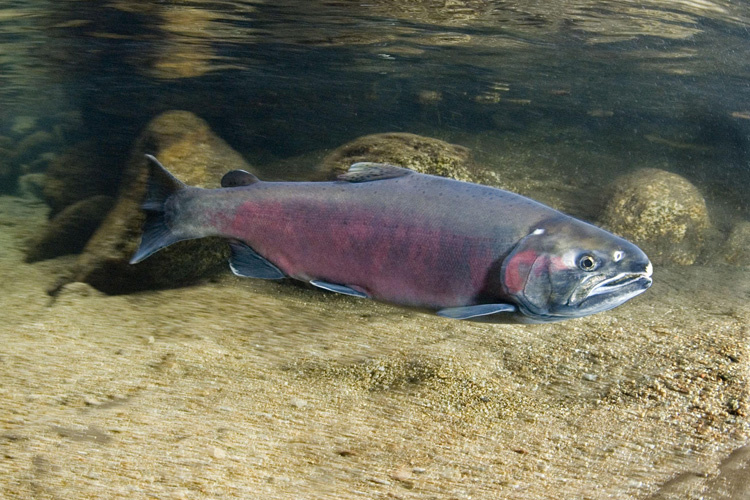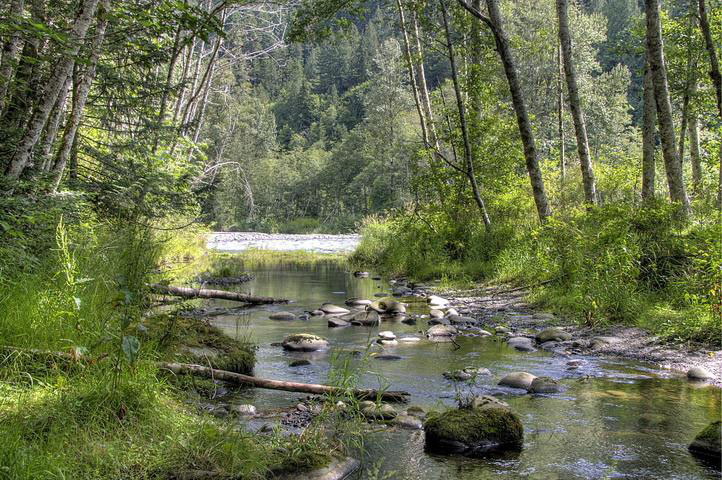Salmon
Salmon are anadromous, which means they are born in freshwater, spend most of their lives in saltwater, and return to freshwater to spawn. Because of this life history, they are affected by a wide variety of factors in the ocean and on land, including ocean and climatic conditions, dams, habitat loss, urbanization, agricultural and logging practices, water diversion, and predators (including humans). Salmon are an important source of spiritual and physical sustenance for Northwest Indian tribes, and they are culturally important to many other residents of the Northwest.
Because salmon migrate so far when in the ocean, managing ocean salmon fisheries is an extremely complex task.

Current Topics
Recent news
Actions in progress
No actions in progress.
-
Upcoming Council Meeting
March Council Meeting
Mar 4-9, 2026
Sacramento, CA
-
Previous Council Meeting
December Council Meeting
Dec 18, 2025
Online only

Contacts
-
Angela Forristall
503-820-2419